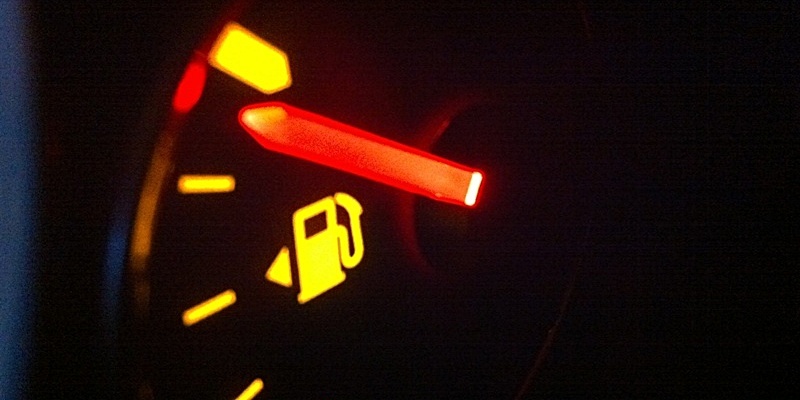Dundee commuters have some of the lowest fuel costs in the country, a new survey has found.
Research carried out by the Countryside Alliance found people living in rural local authority areas pay around 25% more each month for fuel than those living in urban areas.
On average, those in rural areas will pay around £67.45 a month £16.50 more than urban dwellers.
The survey was calculated using data from the census, which recorded the average distance to work for people in each local authority.
Petrol costs were based on the fuel consumption of a Ford 1.8 Mondeo Mistral.
Nine of the 10 local authorities with the most expensive commute were in rural areas, while all of the cheapest were classified as urban.
Motorists in Dundee have the fifth-lowest fuel costs in the country, paying around £31.78 a month up from £29.52 in January. This is less than half the price commuters who choose to live in Angus and Perth and Kinross have to pay.
In Angus, average fuel bills are £64.32 a month up from £59.75 in January, while driving a car to work in Perth and Kinross now costs £68.59 up from £63.72 at the start of the year.
Petrol costs for Fife commuters now stand at £54.44 a month, up from £50.57.
Jenny Dunn, policy researcher for the Countryside Alliance, said: ”The unprecedented rise in fuel costs since the beginning of the year has placed a heavy burden on people who need their car to get to work.
”This burden weighs far heavier on rural people, for whom cars are a necessity due to the long commutes and lack of public transport options.
”The Countryside Alliance is urging the Chancellor to take action on the cost of fuel as a matter of urgency by cutting fuel duty. The future viability of rural businesses and communities are under severe threat from the spiralling costs of driving.”
Earlier this week an RAC report found the price of fuel has risen by 14% over the past year.
According to the report it now costs £128.64 a week to run a new car and £52.75 for a second-hand vehicle.
